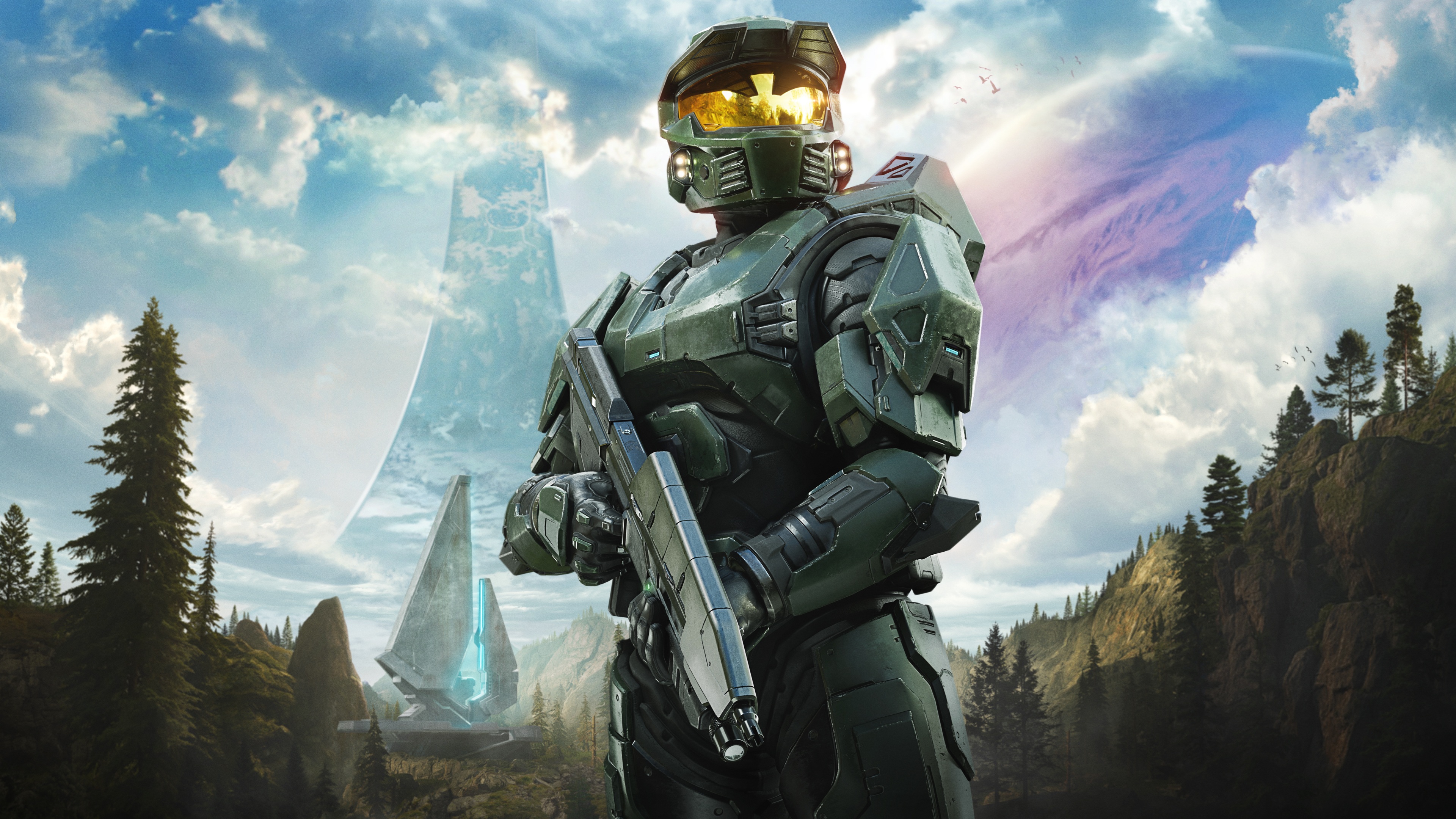For the first time in a decade, I feel optimistic for the future of Blizzard
Being a Blizzard fan has been tough lately.
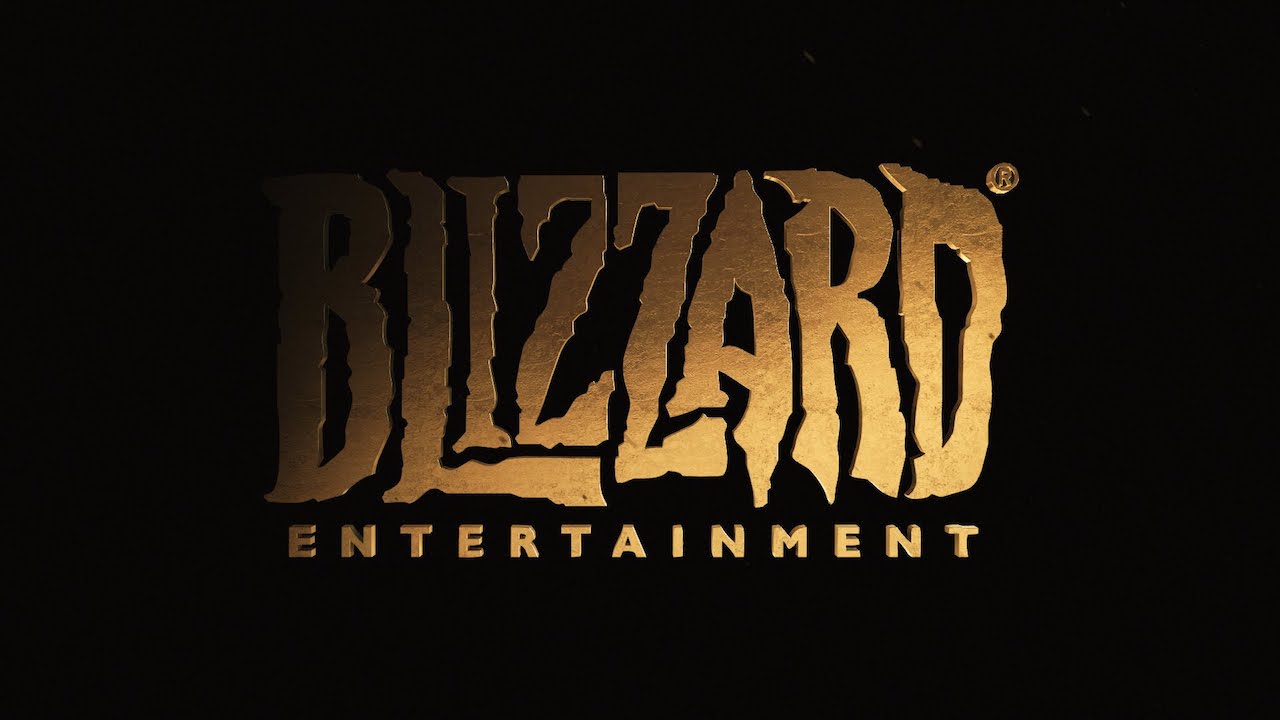
Over the course of the past few years, being a Blizzard fan has been increasingly harder. I wrote an article all the way back in 2016 titled "Is Activision devouring Blizzard?" noticing an uptick in corner-cutting, rushed deadlines, and other annoyances that seemed more reminiscent of the notorious annualized Call of Duty dev cycle, rather than the quality Blizzard was previously known for. "Soon™" was a Blizzard meme, in reference and reverie to the fact they took their time to release games finished and polished, or at least as close to it as possible. Alas, over the years, that image has been gradually whittled away for various reasons, with similarly varied severity.
Last week, Microsoft announced its megablockbuster $70 billion acquisition of Activision Blizzard King, giving them control of everything from Call of Duty to Candy Crush. The news was met with mixed feelings across the spectrum, with some decrying industry consolidation, and others concerned over the fate of historically multiplatform franchises. In the Blizzard fan camp, the acquisition has been met with cautious optimism from what I can see, particularly so among the PC-first franchises like World of Warcraft, StarCraft, and even Heroes of the Storm.
I count myself among those cautiously optimistic fans of Blizzard PC games, and hope that this whole deal turns a page in what has proven to be a bit of a dark era for what is one of the most beloved and celebrated publishers in the industry's history. Microsoft has a lot to prove, even as it turns a page on its own murky relationship with PC gaming. Still, here's why I think there's plenty of room for optimism for better days ahead, both for fans of Blizzard games, and more importantly, Blizzard developers and staff.
Doubling down on Windows PC
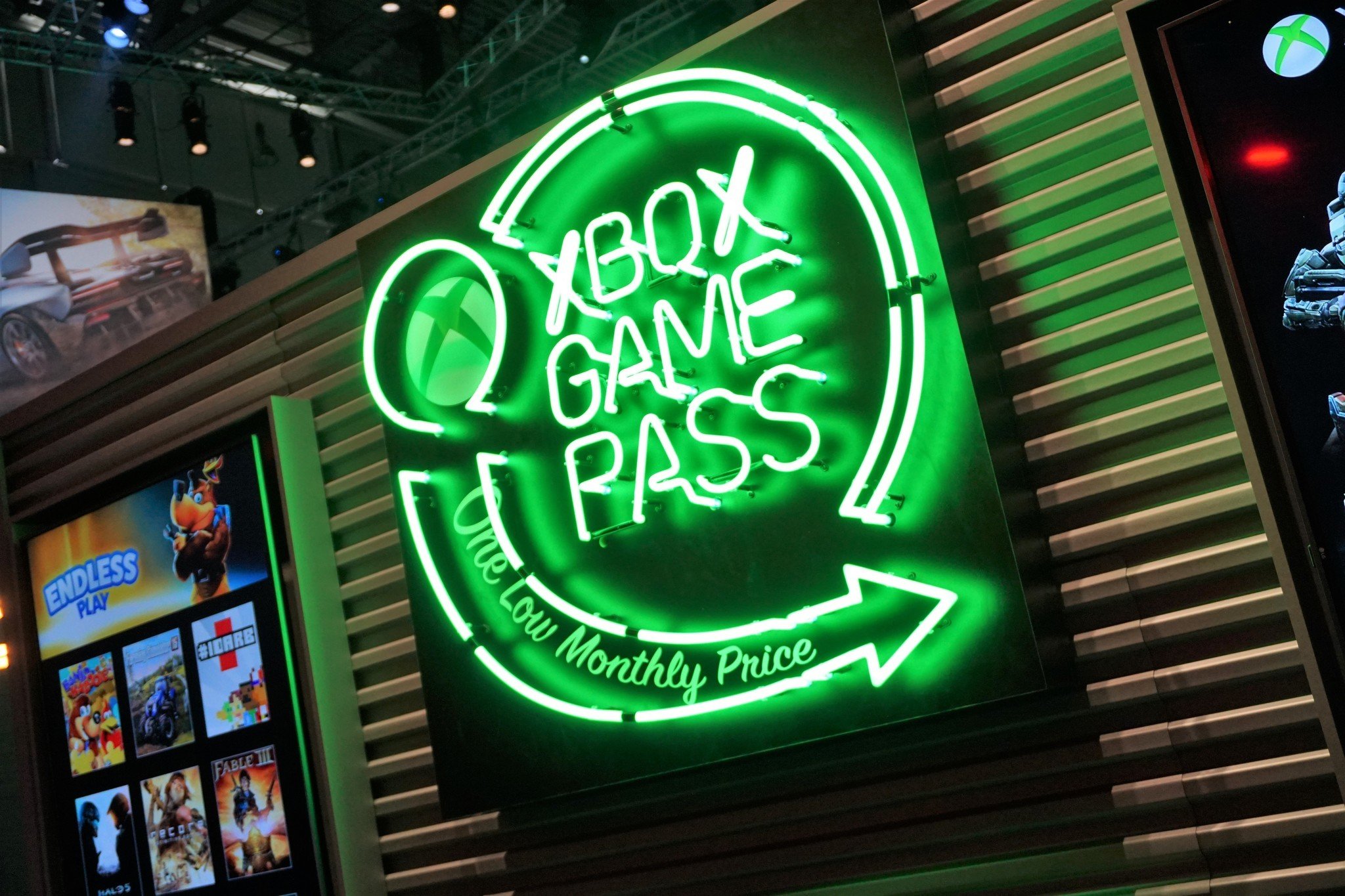
Microsoft's namecheck of StarCraft in its initial announcement was absolutely no mistake. Microsoft gaming CEO and Xbox lead Phil Spencer stated in multiple interviews in the past week that he intends to look at dormant Activision franchises, even going as far to mention things like Guitar Hero.
Much of the discourse revolving around this acquisition focuses on Xbox versus PlayStation, and whether Call of Duty will go exclusive — and sure, that is part of the whole puzzle — but it's my firm belief that Microsoft did this primarily to grow its footprint on Windows, a platform it ironically owns, but has effectively lost control of when it comes to gaming.
Windows is an open platform, meaning third-party companies like Valve with its Steam store or Tencent with its mammoth franchises like League of Legends, can build and maintain businesses on Windows without Microsoft seeing a single penny. And that's as it should be, frankly, given that Windows itself is effectively an OS monopoly. But since Phil Spencer came on board, they spoke of using Xbox to drive positive sentiment across the entire Microsoft ecosystem, in much the same way Apple did so with iTunes and music. Xbox's presence on PC is growing and gaining traction, but primarily so on Steam, which of course, Valve takes a big cut of.
Microsoft has its own PC gaming store, which isn't particularly great, depending on the endpoint you're using. What is pretty great, however, is PC Game Pass, and the value it represents. The app for PC Game Pass may be terrible (that's a topic for another time), but if the value is there, people may put up with a terrible launcher to access Microsoft's ecosystem.
All the latest news, reviews, and guides for Windows and Xbox diehards.
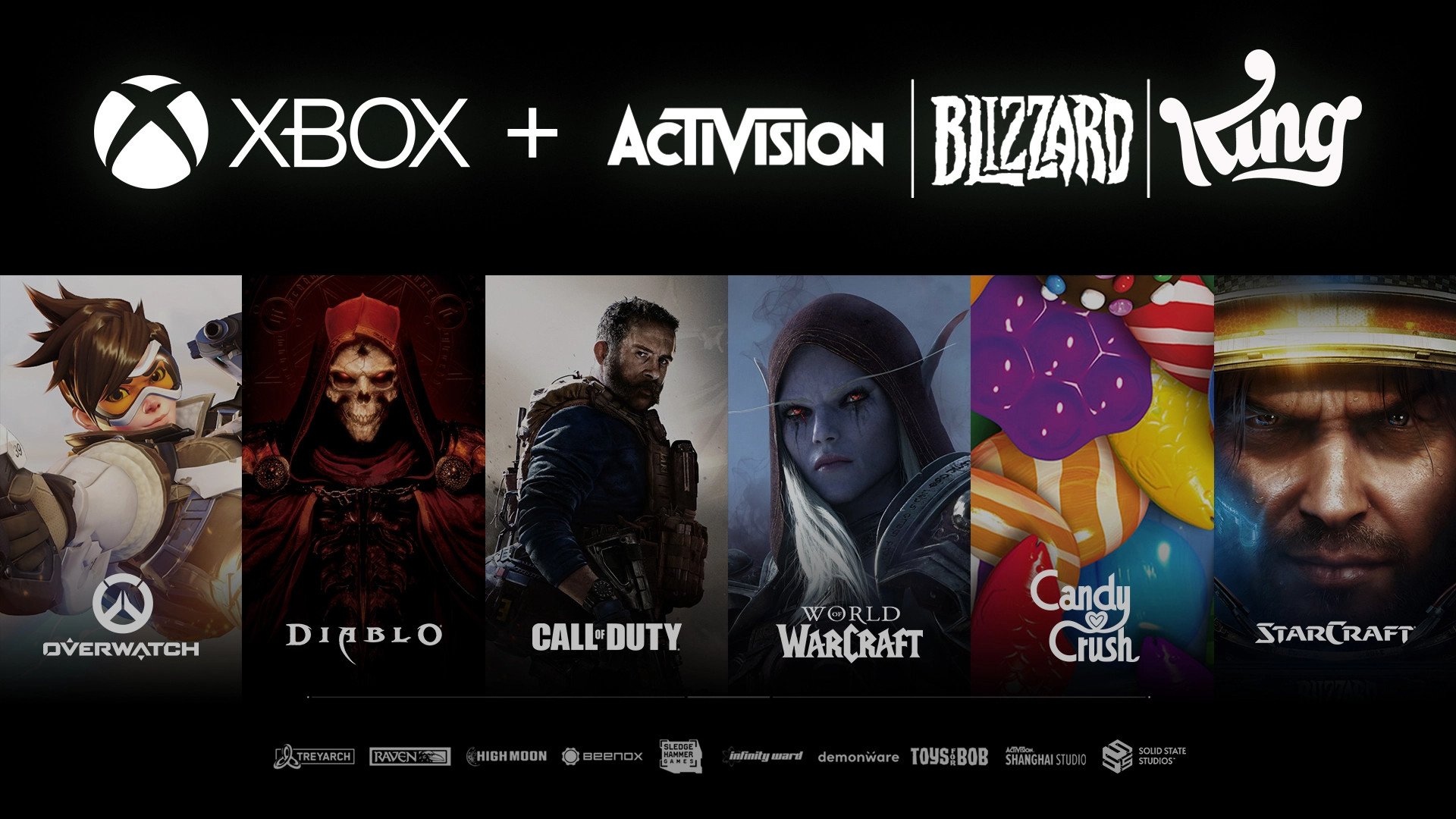
This acquisition gives Microsoft control of Battle.net, which, love it or hate it, is at least a competent launcher, unlike the lumbering and slow Frankenstein Xbox app, which uses Skype as its messaging back end, and the hated Windows Store for its app package delivery. With Battle.net, Microsoft has an opportunity to build a better relationship with PC gamers, and games will naturally be a huge part of that investment.
Growing Game Pass, however, means tackling and catering for every PC gaming niche imaginable.
PC Game Pass brings value, Battle.net brings a stable PC social ecosystem, and Activision Blizzard, ZeniMax, and Xbox Game Studios bring the games. Growing Game Pass, however, means tackling and catering for every PC gaming niche imaginable. As a platform curator, Microsoft's goals will be wholly different from Activision's leadership, which only really sought to chase prevailing trends to appease shareholders. This was naturally to the detriment of games like StarCraft, which reside in a genre that isn't as mainstream as it perhaps once was. Microsoft has shown that it is interested in the genre, though, reviving Age of Empires from a years-long slumber.
Indeed, the focus might be on how this deal affects Xbox and PlayStation, but a huge part of this for Microsoft is fending off Tencent, a company most gamers aren't even aware of. Tencent is the biggest gaming company by revenue, owning almost 50% of the Unreal Engine and Fortnite, alongside League of Legends, Valorant, and other Riot properties. Having games that can stand up to the PC footprint of Tencent is perhaps in some ways an even bigger mountain to climb for the engagement-hungry Microsoft, which sees the tech giant as an existential threat across various aspects of its business, beyond gaming itself.
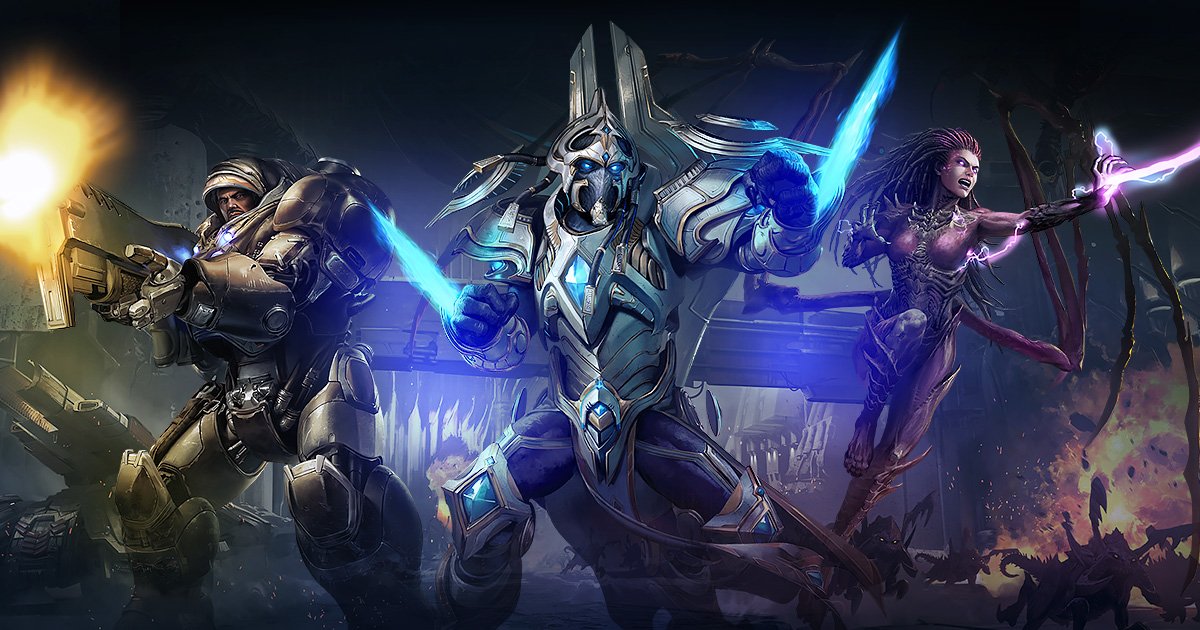
Thought, at the end of the day, who cares about trillion-dollar corps and their concerns? What matters ultimately is how consumers benefit. If Microsoft intends to reach the world's 3 billion gamers with its all-encompassing Xbox Game Pass/PC Game Pass subscription service, hitting every niche is absolutely in their remit. This bodes well for everything from Overwatch, to Heroes of the Storm, to StarCraft, as well as spinoffs in those beloved universes. Where subscription engagement is king, building good content and curating positive ongoing sentiment is absolutely key, and few communities are as passionate as Blizzard's.
Xbox is shielded from shareholder meddling
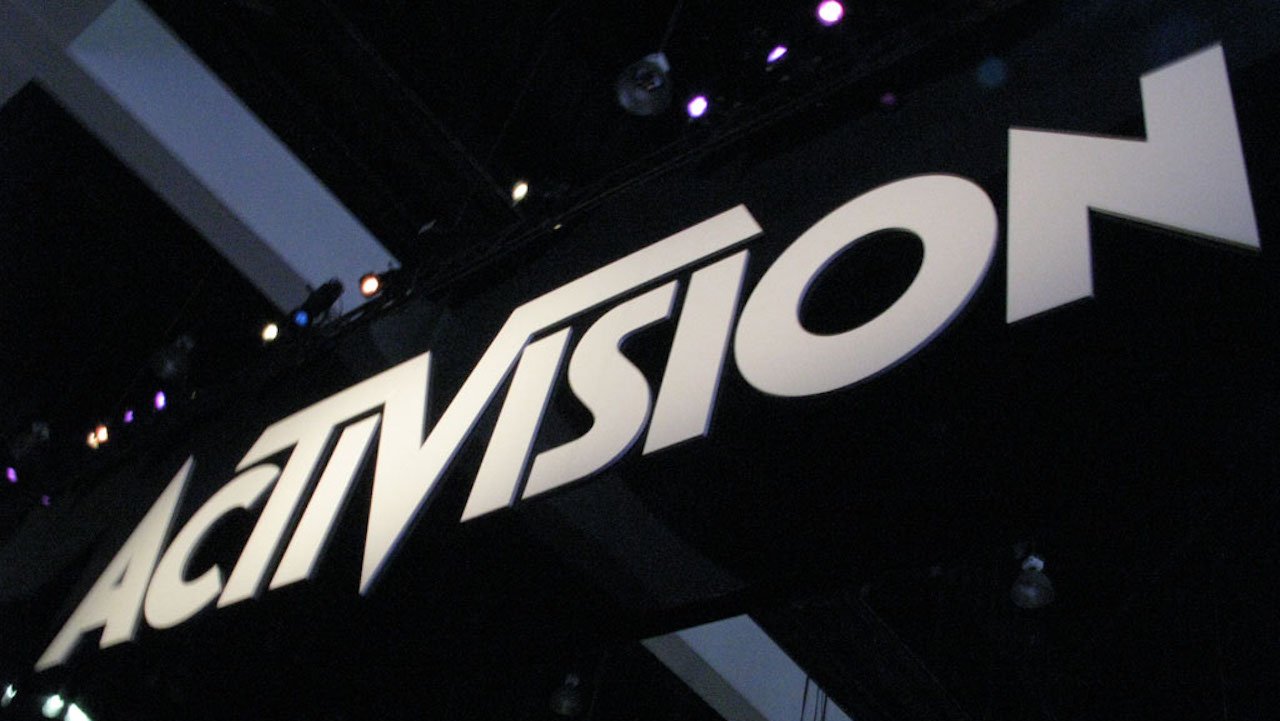
Another reason I think the future is bright for Blizzard is that Xbox is shielded from shareholder scrutiny in a way that Activision itself wasn't.
Microsoft posted revenues upwards of $50 billion dollars for the quarter yesterday, and analysts and investors didn't ask a single question about the Activision Blizzard acquisition during the earnings call. Microsoft's bread and butter is cloud, and business-to-business mega deals, like its enormous $20 billion deal with the U.S. military for HoloLens.
Azure powers hundreds of businesses across the globe, which forms the basis of its operating income. Azure dwarfs many of Microsoft's historical business segments, including Windows licensing on PCs and Xbox itself, allowing some of Microsoft's "smaller" divisions to avoid some of the meddling we see occur at companies like EA, Take-Two, and Activision.
I feel like some of the big video game publishers do this weird dance where they lurch from pissing off fans with aggressive monetization plans, then falling back on more popular projects to rebuild lost trust. We've seen it from EA with its handling of BioWare and DICE, and we've seen it from Take-Two with its GTA Trilogy remake, and its apparent abandonment of Red Dead Online.
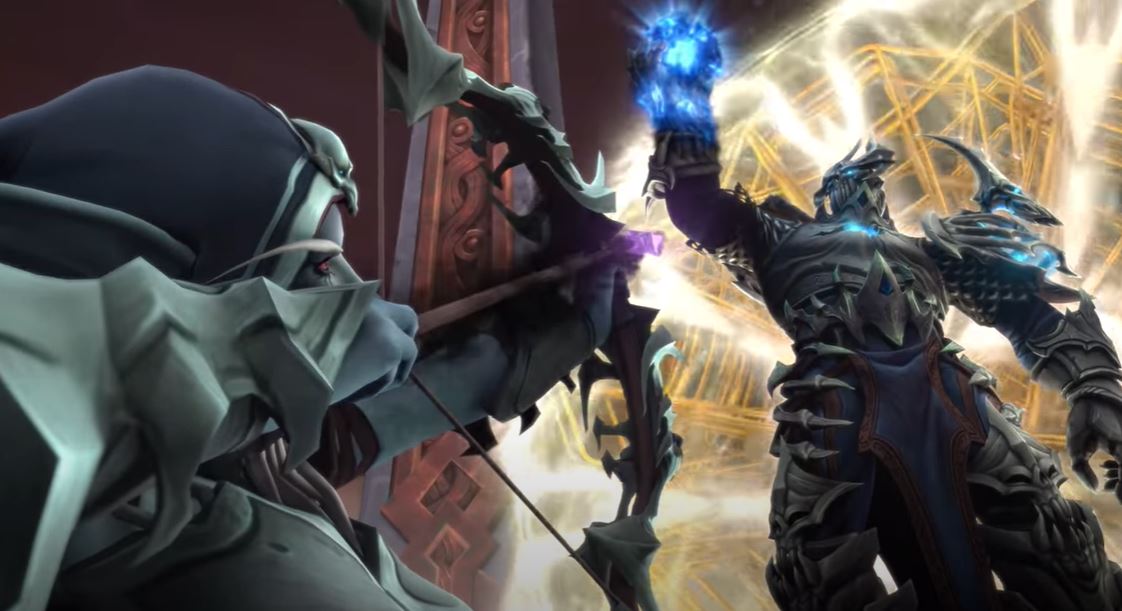
On the Activision side, we've seen World of Warcraft expansions lose unique features over time, in favor of cheaper, rehashed versions of previous systems emerging repeatedly while writing quality took a big nosedive. We saw Warcraft III: Reforged, which should've been celebrated, launch in this half-finished state, with fewer features than the original client. The Diablo II remaster was a rare win for modern Blizzard thankfully, but we've also seen Heroes of the Storm and StarCraft get abandoned in the process. We've seen Activision lay off hundreds of people arbitrarily too over the years, only to re-hire them after quarterly earnings were posted.
Xbox Game Pass has given Microsoft a perspective shift that allows for more creative risk.
This isn't to suggest Microsoft has no capacity for pissing off fans, of course. Microsoft is a business, not a charity, and still wants Xbox to be profitable. In general, though, I think Xbox Game Pass and Microsoft's status as a platform holder allows for more creative risk than Activision does.
Tying the success of the division to Xbox/PC Game Pass growth effectively incentivizes quality, creativity, and unique games that perhaps sit outside of prevailing trends. Microsoft also derives value from positive sentiment across its brand and ecosystem in a way that Activision doesn't. We've seen Microsoft invest in studios that are essentially known for sitting outside of the mega-hit mainstream, such as Double Fine, and inXile. We've seen Microsoft greenlight creative and smaller games, such as Grounded from Obsidian. A lot of the projects I see coming out of Xbox Game Studios are titles I would never expect modern EA, Activision, or Take-Two to greenlight, outside of their indie incubators.
Ultimately, as long as Azure keeps doing the big numbers to appease the establishment shareholders, the gaming division at Microsoft essentially gets to put its emphasis on gamers, creativity, and quality, in a way that Activision, EA, and others, often can't apparently.
Healing Blizzard
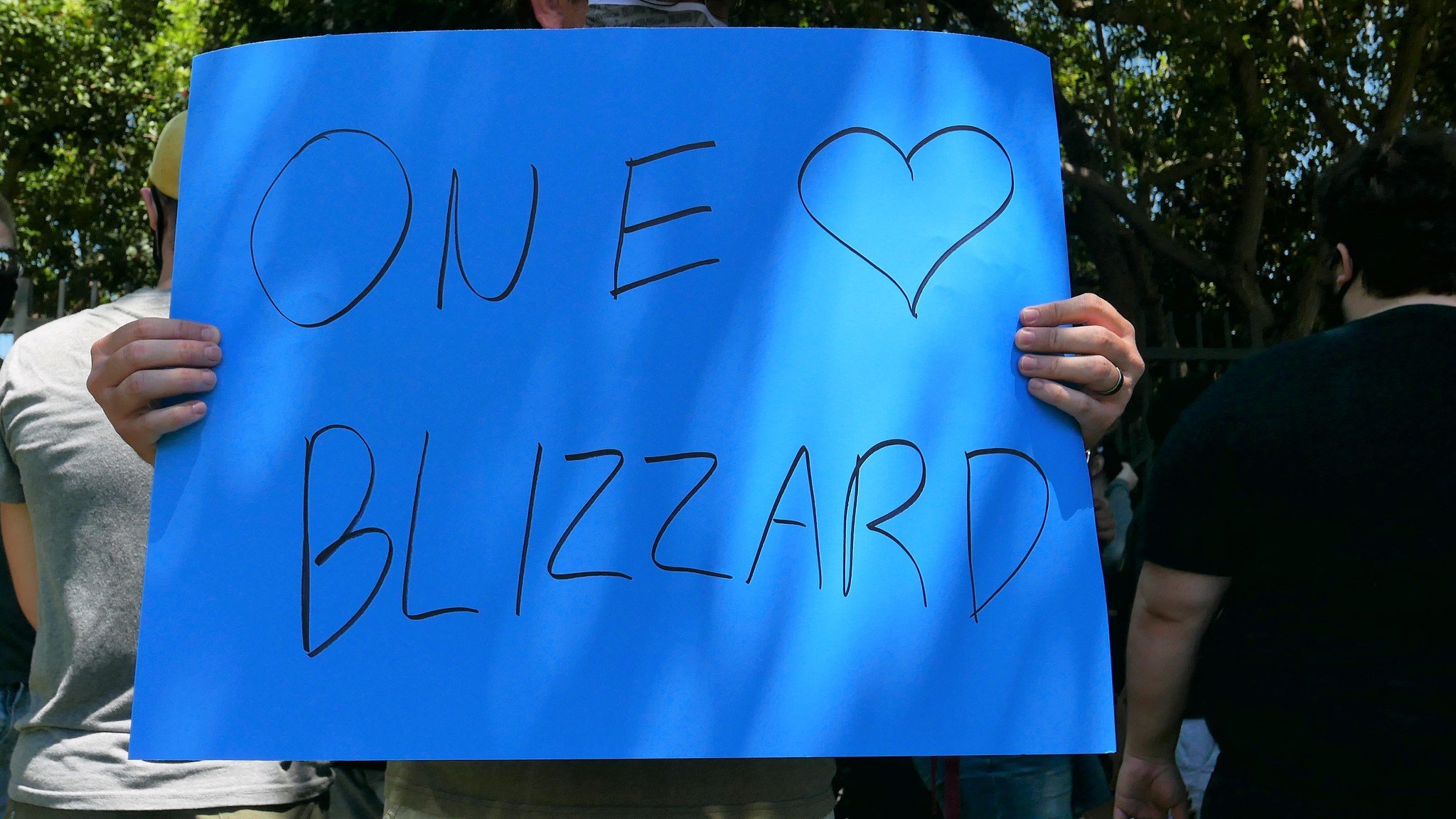
Over the past year, revelations about Blizzard's working environment rocked the image of the studio, with victims of harassment, abuse, and maltreatment coming forward with their experiences. It painted a grim picture of a studio that at one point in time seemed invincible. It also put a spotlight on CEO Robert Kotick's hands-off leadership style, treating the company like a piggy bank as opposed to the respect it really deserved.
Former Blizzard lead J. Allen Brack took the fall for a lawsuit kicked off by California into these revelations, although I've spoken to sources at Blizzard who believe he was scapegoated, ultimately, to save Robert Kotick. Kotick and the board of directors made their attitudes towards the lawsuit and staff apparent when it first emerged, with Kotick cowering behind subordinates rather than addressing the allegations directly.
Last year, it felt a bit like there was no way for Blizzard to emerge from this dark period. It seemed as though Kotick and the rest of the executive level team were going to stay put, resisting calls to resign, essentially keeping the structures in place that allowed these things to occur.
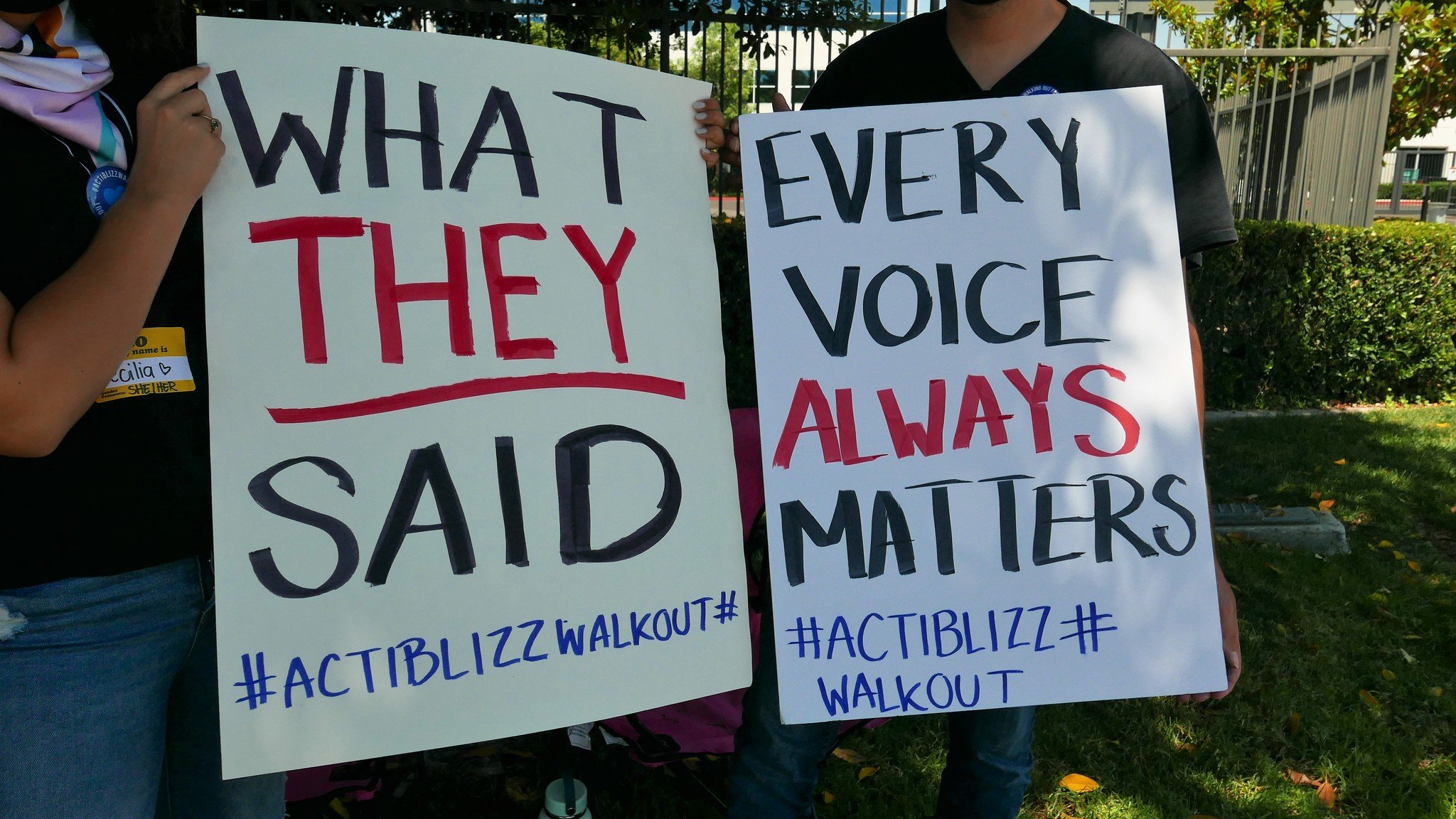
We saw an exodus of staff at every level, dissatisfied with Kotick's deflections and inability to take responsibility. Just last week, Kotick gave an interview where he essentially blamed his developers with the delays of Overwatch 2 and Diablo IV for Activision's sliding share price, rather than the high-profile lawsuit that battered the company's image in the mainstream non-gaming press.
Kotick absolutely must be fired, and the leadership team cleared out, and one can only assume they will be. New leadership is needed to truly turn a page on the company's darker days, and hopefully, hefty compensation packages for those affected by the allegations. It falls to former Xbox Corporate Vice President Mike Ybarra to lead the ship forward. Thus far Ybarra has been transparent about improving the company culture and rebuilding trust both within and outside the company.
Holding Microsoft to account
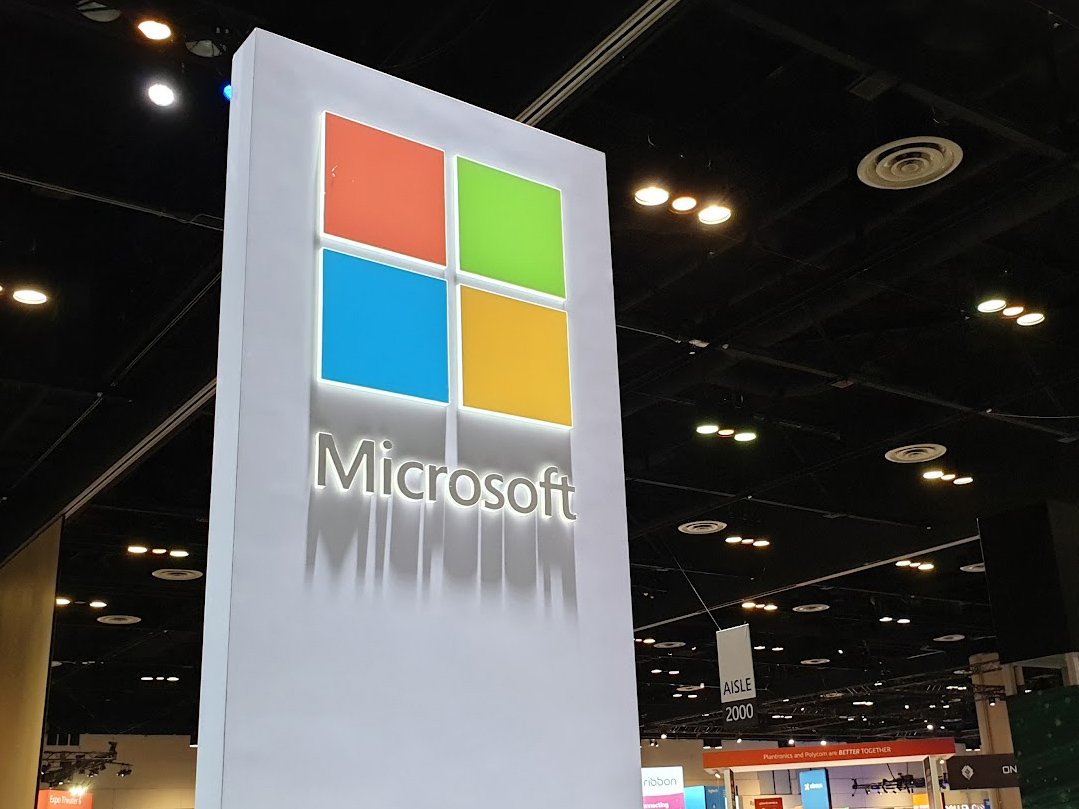
Indeed, I've said it before, and I'll say it again, the most important aspect of this whole thing is positive outcomes for Blizzard, and all Activision staff. Acquisitions are a scary time, speaking somewhat from experience, given that Windows Central itself used to be an independent blog. You don't know how the new company will impact your culture, you don't know what restrictions may be placed on your ability to create and ultimately enjoy your job. You don't know whether friends or colleagues may be moved to other departments, or even laid off. Thankfully, our acquisition has been relatively smooth sailing and somewhat allowed us to focus a bit more on delivering content (even if I do despise our company-mandated Google Apps).
Of course, Activision Blizzard joining Microsoft is on an entirely different level of complexity and stressors than what I've experienced here. In purchasing Activision Blizzard King, Microsoft takes on responsibility for employees who may still be hurting and need support. They inherit departments typically outside of their usual wheelhouse, like the esports MLG organization Activision owns. They inherit the lawsuits, and the task of rebuilding trust both within the company and beyond.
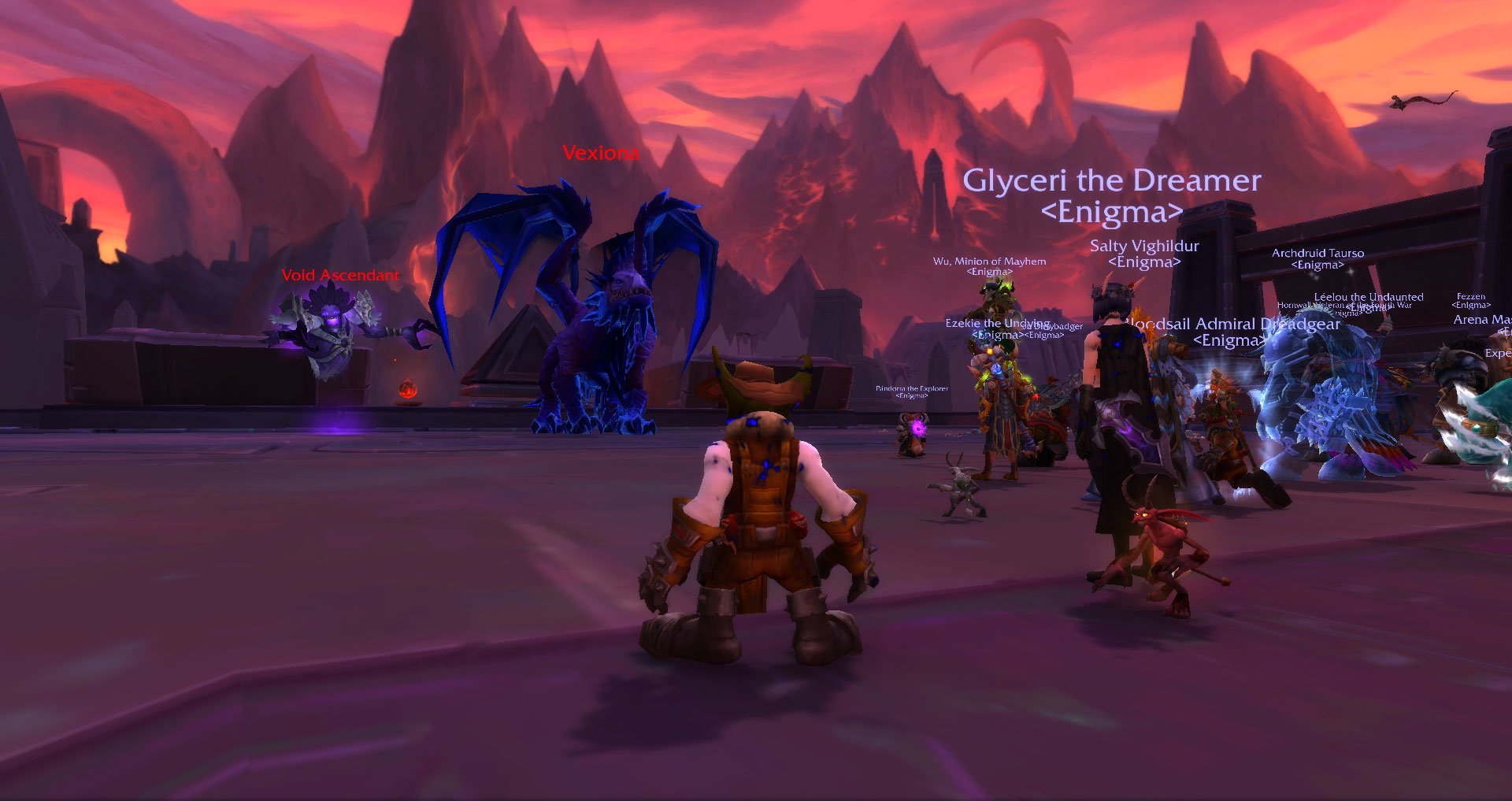
I've made no secret of the fact that World of Warcraft is one of my most beloved games, and has been an important force in my life. With over 10,000 hours played, friendships I've made in WoW endure over 15 years later. There's no game that means more to me, in terms of the impact it has had on my life.
I only hope that this whole deal provides a reality of a brighter future.
Even though I don't currently play, I feel this sense of admiration and appreciation towards Blizzard, whose worlds helped me deal with what ended up being quite a dark period in my life. I know dozens of Blizzard fans who have similar stories about all of their games. Built families and relationships through people they'd met in WoW, or found careers through the passion their games stir in people.
For the developers and all affected staff, I only hope that this whole deal provides a reality of a brighter future where Blizzard can return to what it's known for first and foremost: amazing worlds, cherished characters, and incredible games, with staff that are paid well, in an environment that is nurturing and safe.

Jez Corden is the Executive Editor at Windows Central, focusing primarily on all things Xbox and gaming. Jez is known for breaking exclusive news and analysis as relates to the Microsoft ecosystem while being powered by tea. Follow on Twitter (X) and tune in to the XB2 Podcast, all about, you guessed it, Xbox!
